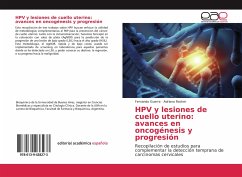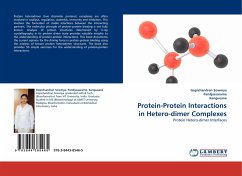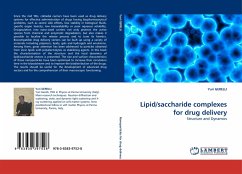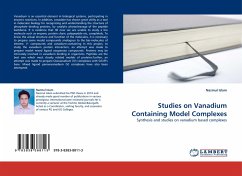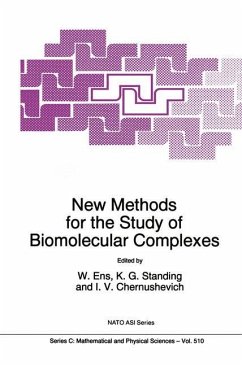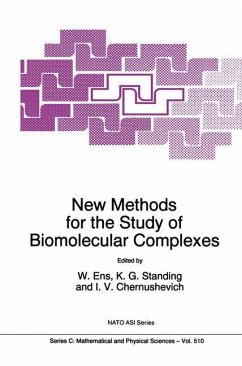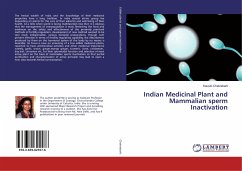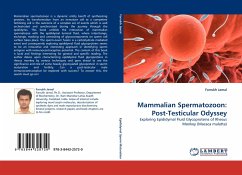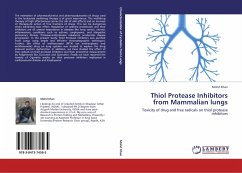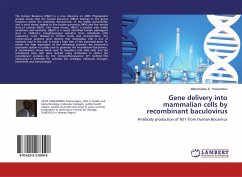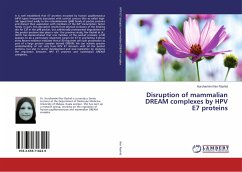
Disruption of mammalian DREAM complexes by HPV E7 proteins
Versandkostenfrei!
Versandfertig in 6-10 Tagen
47,99 €
inkl. MwSt.

PAYBACK Punkte
24 °P sammeln!
It is well established that E7 proteins encoded by human papillomavirus (HPV) types frequently associated with cervical cancers (the so-called high-risk types) bind avidly to the retinoblastoma (pRB) family of pocket proteins and disrupt their association with members of the E2F transcription factor family. In part, this disruption results from physical occlusion of the binding site for E2F in the pRB pocket, but additionally proteasomal degradation of the pocket proteins also plays a role. Our previous study, Nor Rashid et al., (2011) has demonstrated that one member of the pocket proteins; p...
It is well established that E7 proteins encoded by human papillomavirus (HPV) types frequently associated with cervical cancers (the so-called high-risk types) bind avidly to the retinoblastoma (pRB) family of pocket proteins and disrupt their association with members of the E2F transcription factor family. In part, this disruption results from physical occlusion of the binding site for E2F in the pRB pocket, but additionally proteasomal degradation of the pocket proteins also plays a role. Our previous study, Nor Rashid et al., (2011) has demonstrated that one member of the pocket proteins; p130 appears to be a particularly important target for E7 in promoting S-phase entry.Recent evidence indicates that p130 regulates cell cycle progression as part of a large protein complex termed DREAM. We can achieve greater understanding of not only how HPV E7 interacts with all the pocket proteins, but also in cancer development and viral replication by studying the regulation between HPV E7 proteins and mammalian DREAM complexes.



